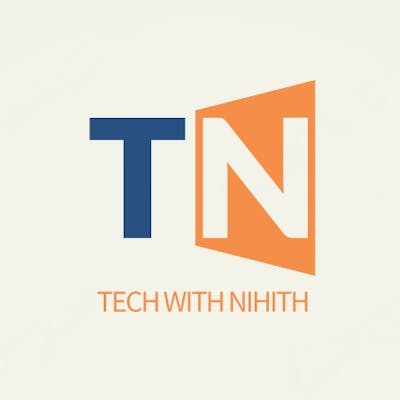Unleashing Infinite Possibilities:
Quantum computing is a relatively new and upcoming technology that uses the principles of quantum physics to solve complex problems. Whilst it is stil in the early stages of development, the possibilities and results so far indicate that quantum computing has a promising future in real-world applications. Major companies such as IBM, JP Morgan Chase, Microsoft and Volkswagen, and countries such as Japan, China, and the United States have started researching this sought-after technology in depth.
What actually is Quantum Computing?
Classical or traditional computing architecture processes data and calculations that occur in a binary state, aka "bits" or values of 1s and 0s, to make decisions about the data it's processing. It's sort of like a light switch, which can only exist as off or on.

Unlike classical computing architecture, quantum computing processing occurs simultaneously in multiple states. Instead of bits, a quantum computer has a sequence of quantum bits or qubits, which can be 1 or 0 or any combination of values in between, existing at the same time – which in turn means they can store a massive amount of information while using less energy. The point being, quantum computing is more powerful and capable of processing far more data and complex calculations.
Unlocking Limitless Potential:
The main advantage of Quantum Computing is to handle complex problem solving. By harnessing the quantum property of superposition, qubits can exist in an infinite yet contained number of states: 0, 1, or any combination of the two.
Machine learning and AI
Quantum computing boosts machine learning and AI with superior computational power, faster optimization, advanced data analysis, innovative neural networks, and heightened privacy measures.
Security
Quantum computers bolster security through unpredictable capabilities, fortifying encryption key generation to safeguard sensitive data and communications against evolving threats.
Atomic and molecular scale research
Quantum computers manipulate subatomic particles, making them ideal for research and development at the atomic and molecular scale.
Materials science
Quantum computing accelerates materials science, expediting the discovery of novel materials with exceptional properties, thereby revolutionizing various industries.
Recent Advances in Quantum Computing:
Google: In 2023, Google achieved "quantum supremacy" with a 54-qubit processor, solving complex problems in minutes instead of millennia. They're scaling up their Sycamore processor and exploring error correction.
IBM: IBM leads in cloud-based quantum computing, offering access to their hardware through IBM Quantum Experience. They recently unveiled a 127-qubit computer and aim for 1,000 qubits by 2023's end.
Microsoft: Microsoft prioritizes topological qubits, focusing on Majorana quasiparticles' development. Azure Quantum provides cloud access to quantum computing resources.
Amazon: Though quieter about quantum efforts, Amazon is active in R&D, with numerous patents filed. Expected to play a major role in the field's future.
